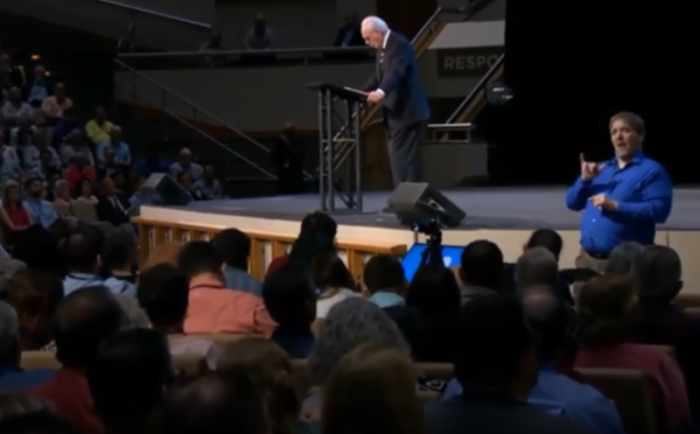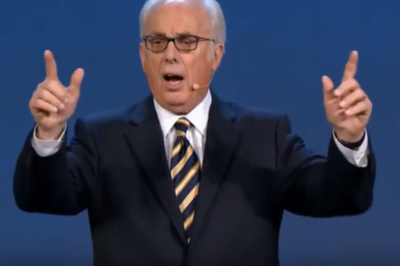John MacArthur: 'The Reformation Is Not Over; Battle for Gospel Still Rages'

"The Reformation is not over," John MacArthur told those gathered at the annual Ligonier National Conference in Orlando, Florida.
In a speech delivered at Ligonier last Thursday, MacArthur spoke about how 16th century Reformation founder Martin Luther's struggle continues to the modern day, stating "the battle for the Gospel still rages."
"The issue of the non-negotiable Gospel wasn't settled 500 years ago, it was settled 2,000 years ago. But we're still calling the professing church to be faithful to the truth," said MacArthur.

"The Reformation is not over. Every turn in the road, every new false teacher that arises to teach one version or another of the alternate message must be addressed."
MacArthur stressed the importance of having church elders who "ought to be the men who can refute error." He also highlighted the Reformation call of "Sola Fide," or salvation through faith alone.
"Martin Luther said 'if this doctrine of Sola Fide stands, the Church stands. If this article collapses, the Church collapses,'" continued MacArthur, who contrasted this with the opposing view expressed by the Catholic Council of Trent, which labeled Sola Fide "anathema."
"You think there's harmony between Roman Catholicism and true Gospel evangelical churches and doctrines? None."
MacArthur's remarks were part of the most recent Ligonier Conference, a multiday event whose theme was centered on the 500th anniversary of the beginning of the Protestant Reformation.
In addition to MacArthur, other scheduled speakers included Alistair Begg, senior pastor of Parkside Church located near Cleveland, Ohio; W. Robert Godfrey, president and professor of church history at Westminster Seminary California; Stephen Tong, founder and senior pastor of the Reformed Evangelical Church of Indonesia; and Southern Baptist Theological Seminary President Al Mohler.
During his remarks, Mohler argued that in the 21st century Americans were witnessing "the death of the great liberal dream," which he defined as having the inherent value of human life respected while rejecting Christianity.
"The great liberal dream has not produced human flourishing, has not produced human happiness," he stated. "The sanctity of human life has not been more affirmed but rather less affirmed."
"Now, there are all kinds of things that they can point to as good gifts that have come by means of their worldview and their influence, but in the bottom line, human dignity has not increased globally."





























